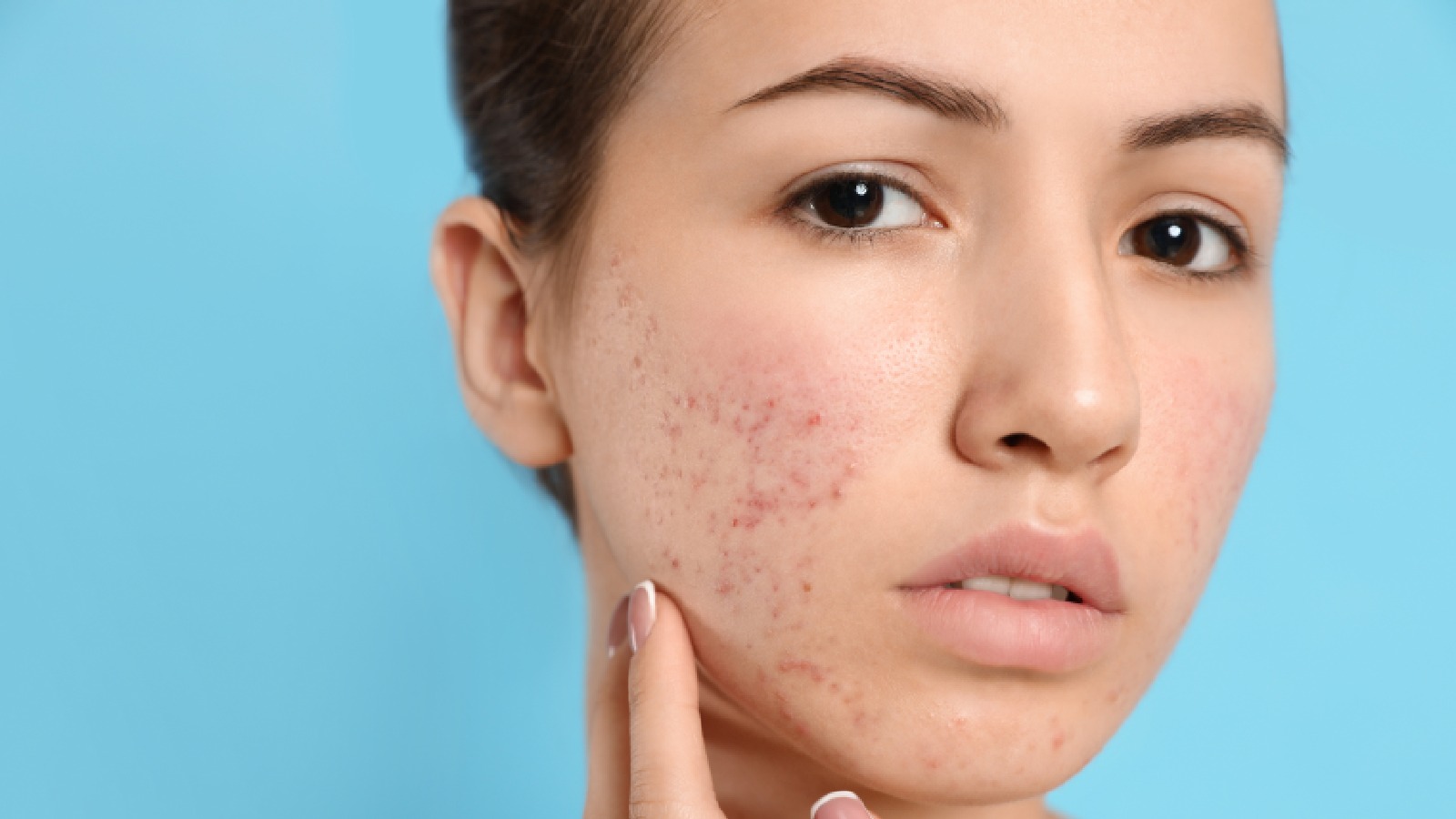[ad_1]
Many people believe that eating greasy foods like pizza, fries and burgers directly leads to oily skin and acne.
Acne is a common skin problem that affects people of all ages, and over the years there have been many myths about its causes and treatments. One of the most widespread areas of misinformation is the relationship between diet and acne (Acne and Diet Myths). While it is true that what we eat affects the health of our skin, most widely held beliefs are either exaggerated or completely false. Today we will try to clear you some myths about food and acne.
For more information on this, we spoke to Kalpana Soulanki, Dermatologist of Dermatech Clinic.
Let’s clear some myths about food and acne.
1 Chocolate causes acne
One of the most persistent myths is that eating chocolate causes acne. This belief probably stems from the high sugar and fat content in many chocolate products, which some believe can aggravate acne. However, scientific studies have not found a direct link between chocolate consumption and acne. It’s not chocolate, but foods with a high glycemic index, such as sweets and snacks, that affect the development of acne.

2 Oily food causes oily skin
Many people believe that eating greasy foods like pizza, fries and burgers directly leads to oily skin and acne. While it’s true that a diet high in unhealthy fats can contribute to skin health, the oil in your diet doesn’t directly cause your skin to become oily.
Acne is mainly caused by a combination of excess oil production, clogged pores, bacteria and inflammation. Oily foods are bad for overall health, which indirectly affects the skin, but they are not the direct cause of acne.
Also read

3 Dairy products cause acne
Some suggest that hormones in milk and other dairy products trigger acne, while milk is often blamed for causing acne. While dairy may affect some people, especially those who are sensitive to hormones or consume large amounts of milk, it is not to a large extent. If you are lactose intolerant it is best to consider individual reactions and consult your doctor.
4. Sugar is the biggest cause of acne
Sugar is often considered the main cause of acne. High sugar consumption raises blood sugar and insulin levels, leading to oil production and inflammation, not everyone who eats sugar gets acne. While the link between sugar and acne depends on the quality of the whole diet and how the body reacts to high-glycemic foods, sugar is not the only direct cause.

5 Avoid eating gluten for clear skin
Going gluten-free won’t clear up most people’s skin. Celiac disease, an autoimmune condition that requires following a strict gluten-free diet, increases the risk of certain skin conditions, such as eczema. But research has not shown a strong link between celiac disease and acne.
Following a gluten-free diet can be difficult and unnecessarily stressful. Since stress is linked to acne, it can actually make acne worse.
Also Read- Protein Rich Fruits: These 6 Special Protein Rich Fruits Will Help You Meet Your Daily Protein Requirements.